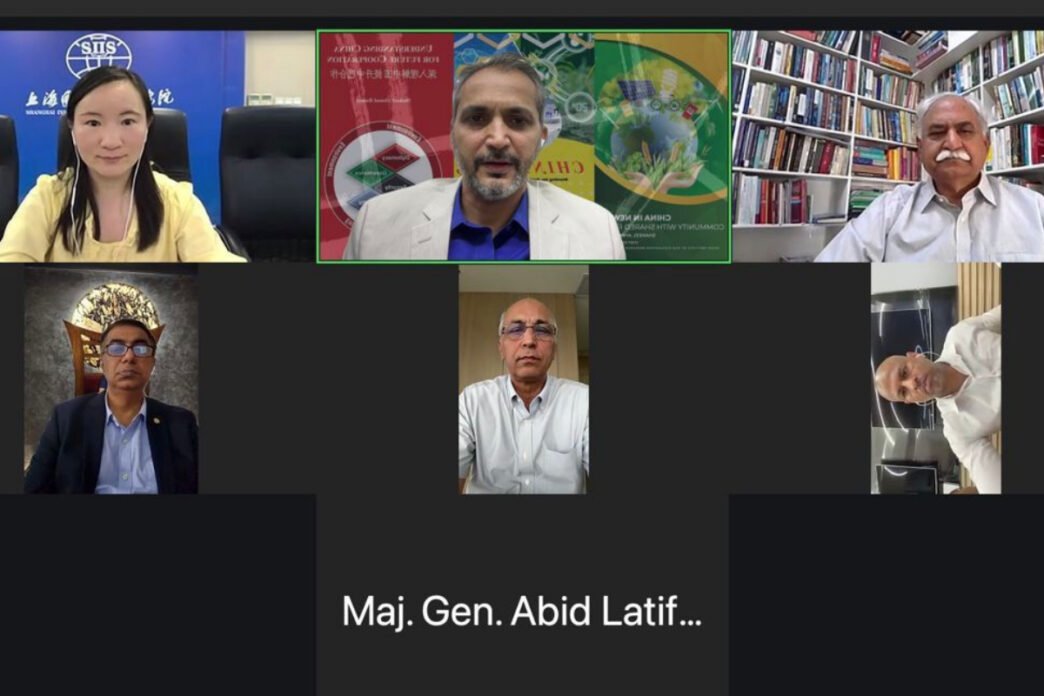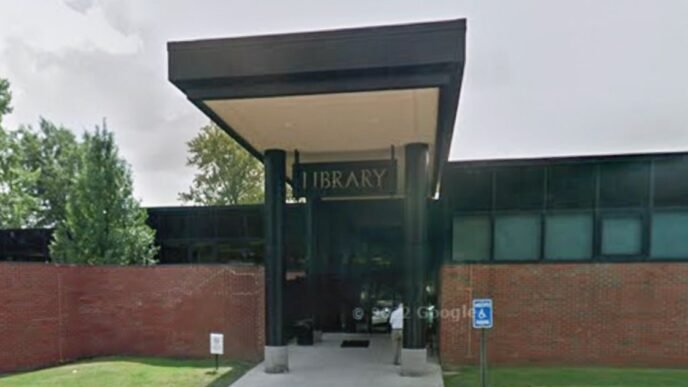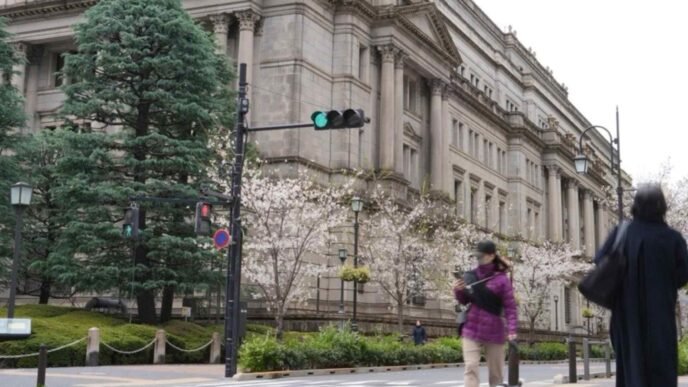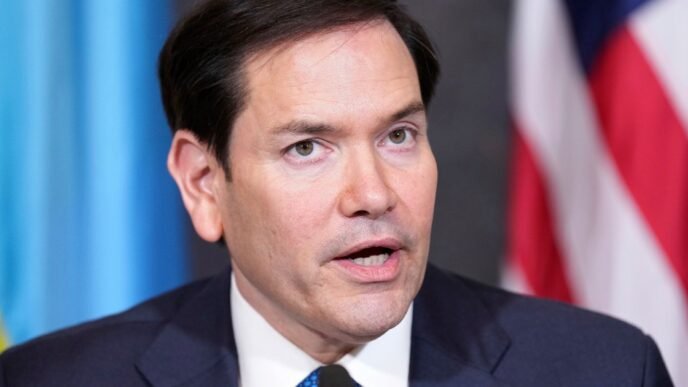India-Pak War: International experts blame India for breaking SAARC policies
In a recent webinar on the India-Pakistan conflict and its impact on neighboring countries, international experts stressed the importance of cooperation and dialogue to resolve tensions in the region. Hosted by the Asian Institute of Eco-civilization Research and Development, the session brought together prominent figures to discuss the growing concerns surrounding the ongoing dispute.
Ambassador Yuba Nath Lamsal from Nepal urged the international community to conduct an impartial investigation into the Pahalgam incident, emphasizing that Pakistan has no involvement in the terrorist attacks. He also criticized India’s tendency to blame and provoke Pakistan, calling it a poor policy choice that only escalates tensions.
Yasiru Ranaraja, founding director of BRISL, reflected on Pakistan’s pivotal role in assisting Sri Lanka during its battle against terrorism, citing the critical support provided by President Musharraf. He urged all parties to show patience and work toward sustainable peace and development in the region.
Mr. Mahabub Alam Shah, Senior Vice-President of the Bangladesh Nationalist Party, highlighted Bangladesh’s resistance to India’s hegemonic influence, noting the country’s efforts to establish SAARC to foster regional cooperation. However, he pointed out that India’s current approach has stalled SAARC, urging the need to revive and strengthen the organization for the benefit of the entire region.
Dr. Li Hongmei, a Research Fellow at the Center for South Asian Studies, Shanghai Institutes for International Studies, discussed India’s strained relations with several regional countries. She argued that while India publicly calls for cooperation, its actions often result in confrontation, especially with Pakistan. Dr. Hongmei emphasized that a cooperative approach was essential for lasting peace, and China could play a significant role by offering economic opportunities and development support to regional countries.
Ambassadors Shahid Hashmat and Moin ul Haq, from Pakistan, also shared their insights. Both diplomats emphasized that Pakistan seeks peace and dialogue, not conflict. Amb. Moin Ul Haq pointed out that Pakistan had shown maximum restraint despite India’s provocations, while Amb. Hashmat stressed that war only creates problems, rather than solving them.
Maj Gen. Abid Latif expressed Pakistan’s commitment to peace and cooperation for mutual development, yet reaffirmed the country’s readiness to protect its sovereignty and territorial integrity against any aggression.
In conclusion, Shakeel Ahmad Ramay, CEO of AIERD, reiterated the need for stronger regional cooperation through both official and informal channels. He emphasized the revival of SAARC as a crucial step toward ensuring lasting peace and prosperity in the region, where all countries should be treated as equals, free from hegemonic ambitions.
The webinar underscored the importance of diplomacy and collaboration to address the region’s challenges and move toward a more peaceful and prosperous future.
Prime Minister Shehbaz Sharif visits key battle zones of operation “Bunyanum Marsoos”
ISLAMABAD: Prime Minister Shehbaz Sharif visited the frontline areas of Operation Bunyanum…













